★ Poaching Extras ★
Here are some of our Members/Friends' thoughts
None this week
Facts about Poaching
1. "Animal poaching" is when an animal is killed illegally. It usually occurs when an animal possesses something that is considered valuable
2. Many countries believe that the rhino horn is an important ingredient for many medicines. This is false. Rhino horn has the same medicinal effect as chewing on your fingernails aka none
3. In 2012, 668 rhinos were poached in South Africa. As of January 2013 it increased to 946, these animals were being poached at a rate of 2 per day. Send them a note to thank them for their work.
4. At the beginning of the 20th century there were a few million African elephants and approximately 100,000 Asian elephants. Today elephants are now considered endangered, there are about 450,000-700,000 African elephants and 35,000-40,000 Asian elephants.
5. Typically the largest adults, with the biggest tusks are poached – putting the matriarchs of elephant herds at the greatest risk.
6. In 2011, there were 13 large-scale seizures of ivory and over 23 tons of ivory confiscated. This is equivalent to at least 2,500 elephants.
7. Vietnam, China, Thailand, and Korea are just a few countries with markets for horn and tusk
8. Bear gall bladders get top dollar for Chinese herbal remedies. And big-horned sheep antlers can fetch $20,000 on the black market.
9. Tigers are primarily killed to supply underground black markets with its organs, pelts, and bones. These items are highly regarded in eastern medicine (although these treatments have been disproved and have no real medical value).
10. A 2010 United Nations report suggests that gorillas could disappear from large parts of the Congo Basin by the mid-2020s
Anything Else? Contact us here HERE!
More about Poaching
::: REPORT BY NATIONAL GEOGRAPHIC :::
Wild animals are being poached on a massive scale, with millions of individual animals of thousands of species worldwide killed or captured from their native habitats. Poaching poses a growing threat to elephants, rhinos, and other charismatic animals, as well as to smaller and more obscure creatures, like certain lizards and monkeys.
Why animals are poached
Poachers sometimes kill or capture animals to sell them locally or for the . Wildlife trading is a major black market that has increased alongside rising wealth in Asia—a major consumer of wildlife—and the .
Some animals, such as birds, reptiles, and primates, are captured live so that they can be kept or sold as exotic pets. Slaughtered animals, on the other hand, have commercial value as food, jewelry, decor, or traditional medicine. The , for example, are carved into trinkets or display pieces. The , small animals that eat ants, are ground into powder and consumed for their purported healing powers. The is considered a delicacy in parts of Africa.
In addition to killing for direct profit, poachers target animals to prevent them from destroying crops or attacking livestock. This happens to , as well as to in North America and beyond.
The effects of poaching
Poaching has . In some instances, it's the primary reason why an animal faces a risk of extinction. This is the case with the between 2014 and 2017 for ivory. Poaching has also had a catastrophic impact on rhinos, with more than a thousand slaughtered a year for their horns.
Poaching for the exotic pet trade affects an animal's welfare in addition to its numbers in the wild. Most wild animals eat specialized diets found in nature, and they need space to fly, roam, and swing from branches. Captured animals are stuffed into boxes, suitcases, or sacks, and even if they survive transport, .
Then there's the tragic ways poaching affects people. In Africa, nearly 600 rangers charged with protecting wildlife were gunned down by poachers between 2009 and 2016 while in the line of duty. In the Democratic Republic of the Congo's Virunga National Park, one of the , at least 170 rangers have been killed during the past two decades.
What's more, poaching has been suspected of trafficking ivory to fund their operations, and it often occurs alongside other crimes including corruption and money laundering. And poached animals can spread disease, such as Ebola and SARS.
Efforts to stop poaching
In addition to providing on-the-ground protection for animals, many countries make poaching an offense punishable by prison or monetary fees. Because poachers in Africa and Asia are often who make small profits in comparison to traders and kingpins, penalties for poaching wildlife are generally less severe than those for trafficking wildlife.
There are also numerous nonprofits around the world working to end wildlife poaching. Some of these groups have helped to promote for poachers to earn a living. Another way people are working to end poaching is by trying to decrease demand for illegal wildlife and wildlife parts. If no one's buying the products, there will be no need to kill the animals.
LINK -->
Ways you can Help
1. Ask before you buy
2. Stick to certified products
3. Choose sustainable, eco-friendly pets
4. Eat only sustainable seafood
5. Petition your local government to stop or restrict legal ivory trade
6. Pledge your support
7. Report any illegal wildlife trade
Pictures
*I will NOT put poaching-in-action pictures, there will only be poached and endangered animal pictures*
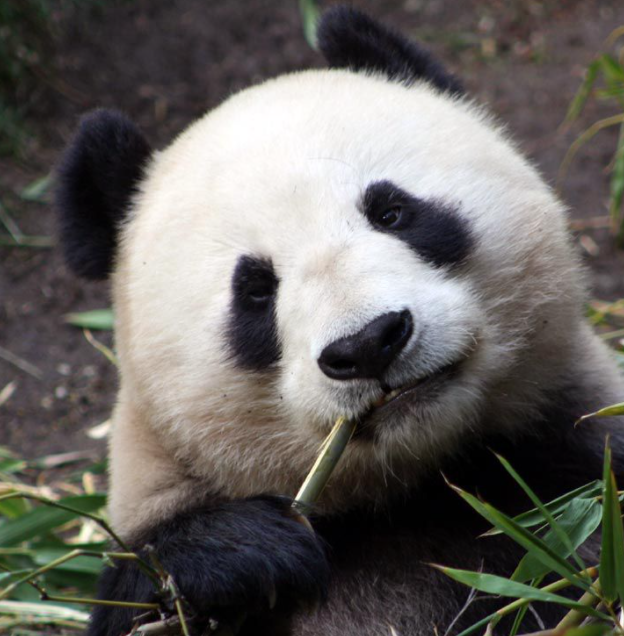
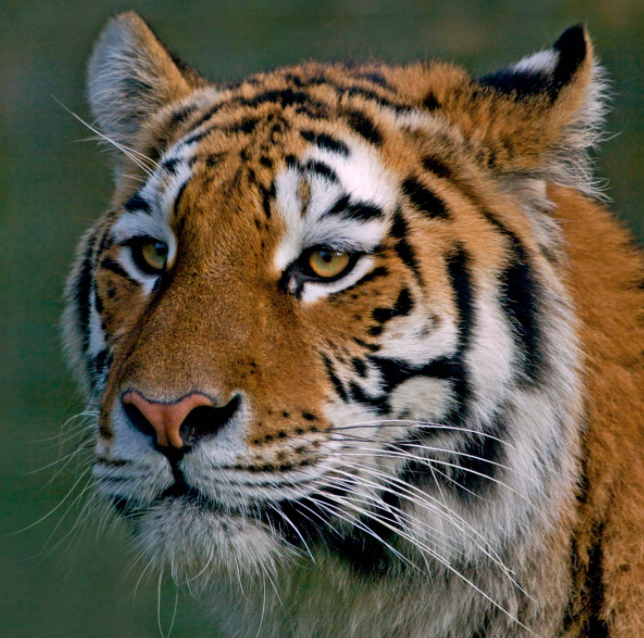
Is this...TIGERCLAW....?
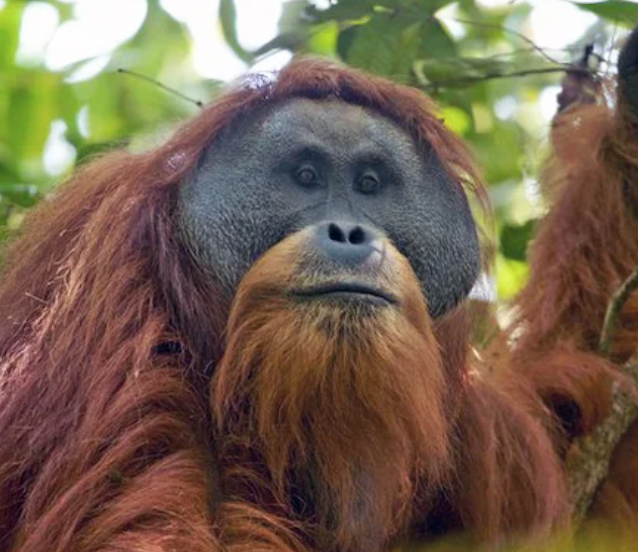
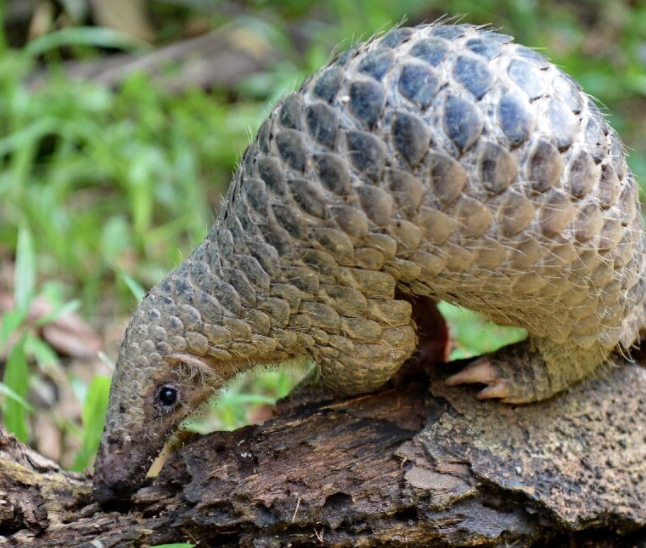
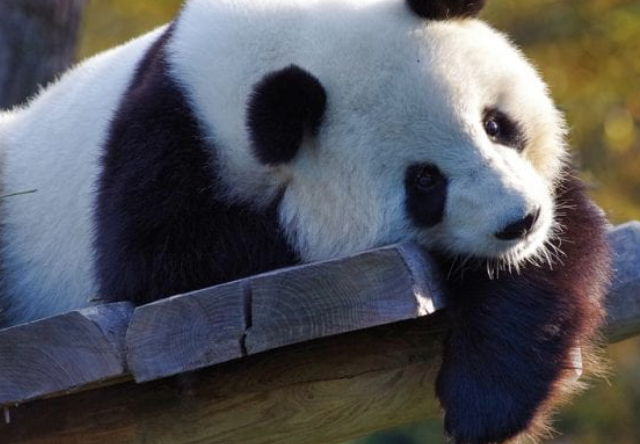
AWWWW!!!!!!
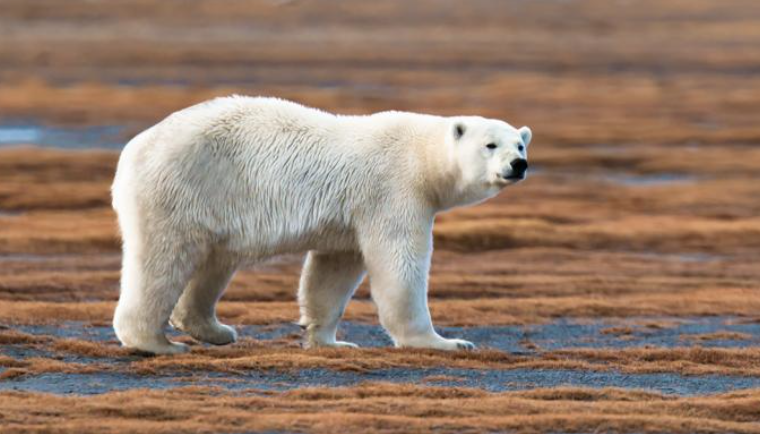
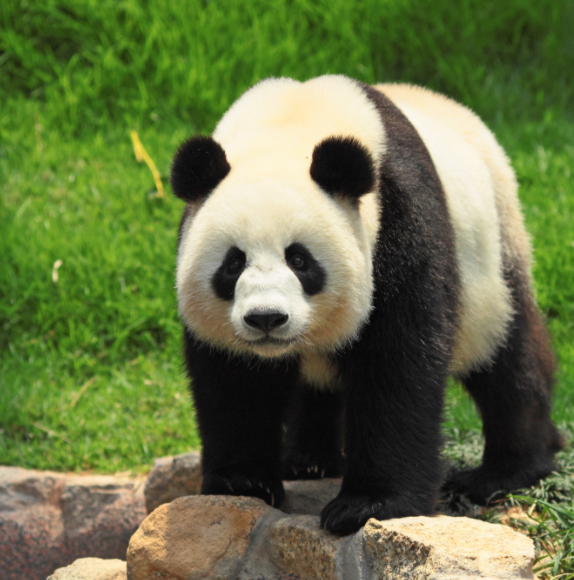
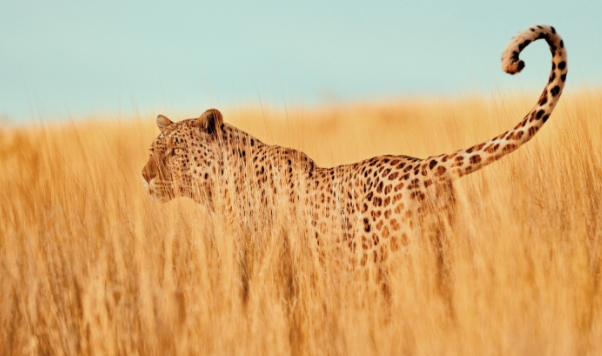
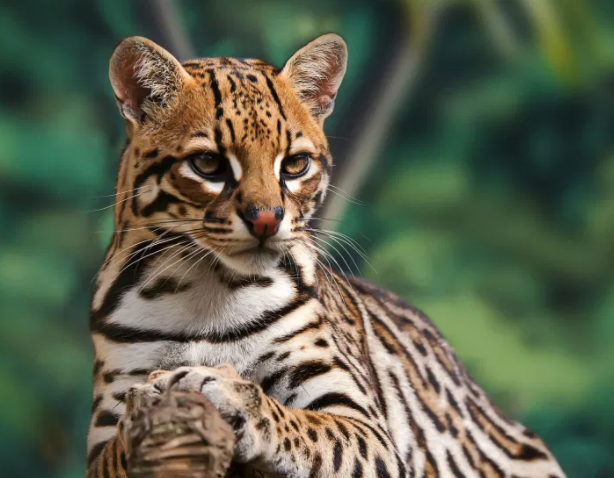
It...Is...LEOPARDFOOT!!!!!!!!!!!!
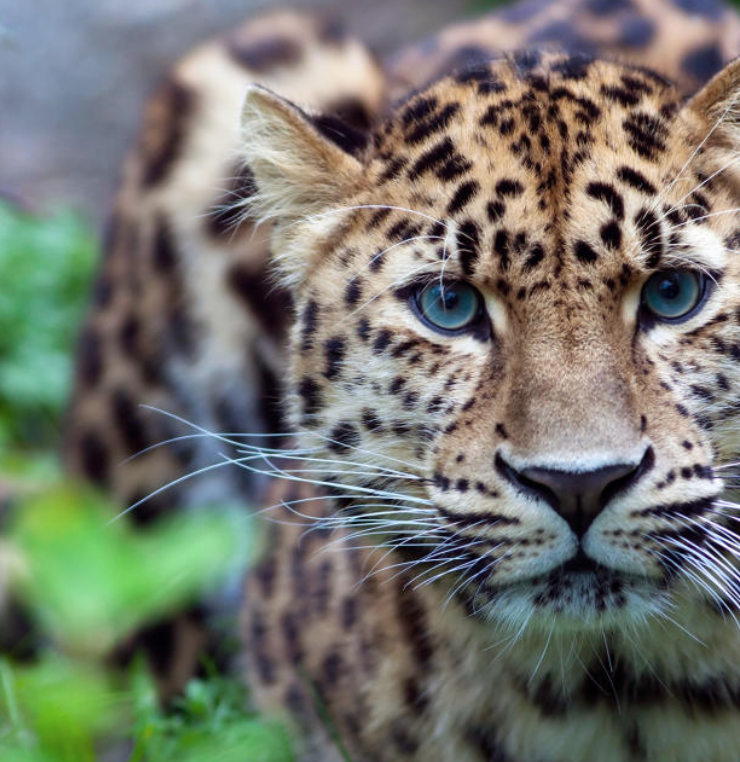
WOW~ This cat's BeAuTiFuL!!!!!! I think I have a new OC to make...
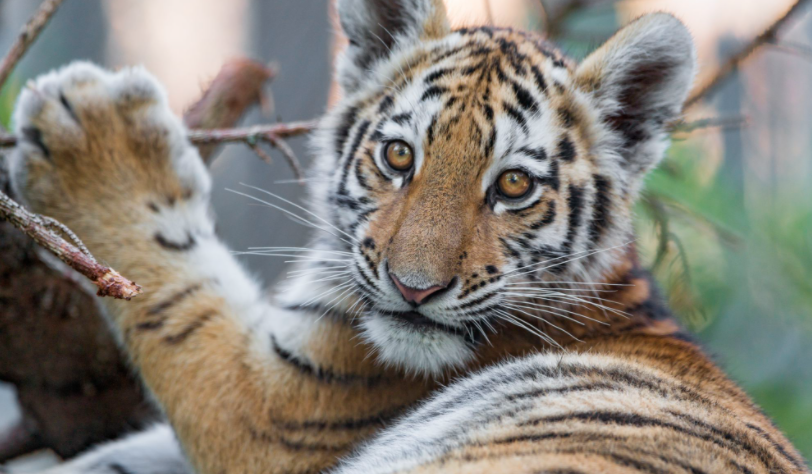
Young Brambleclaw!!!!
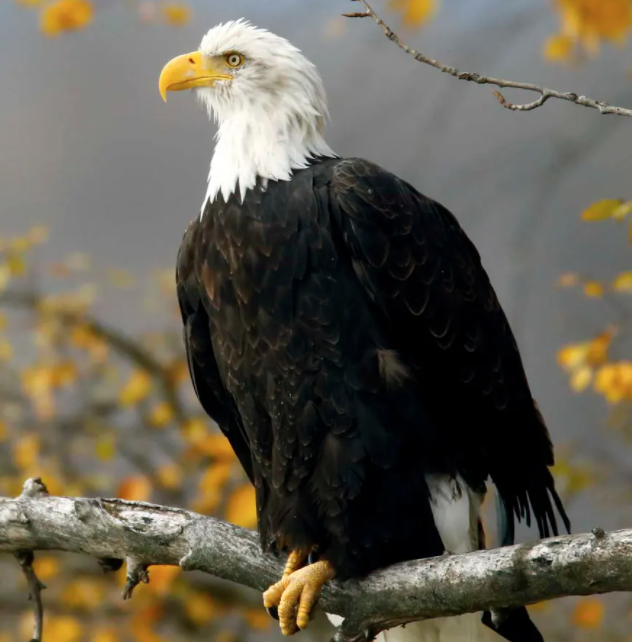
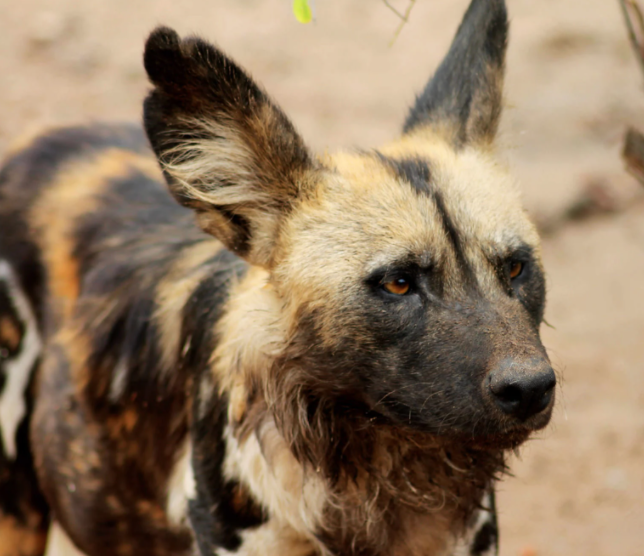
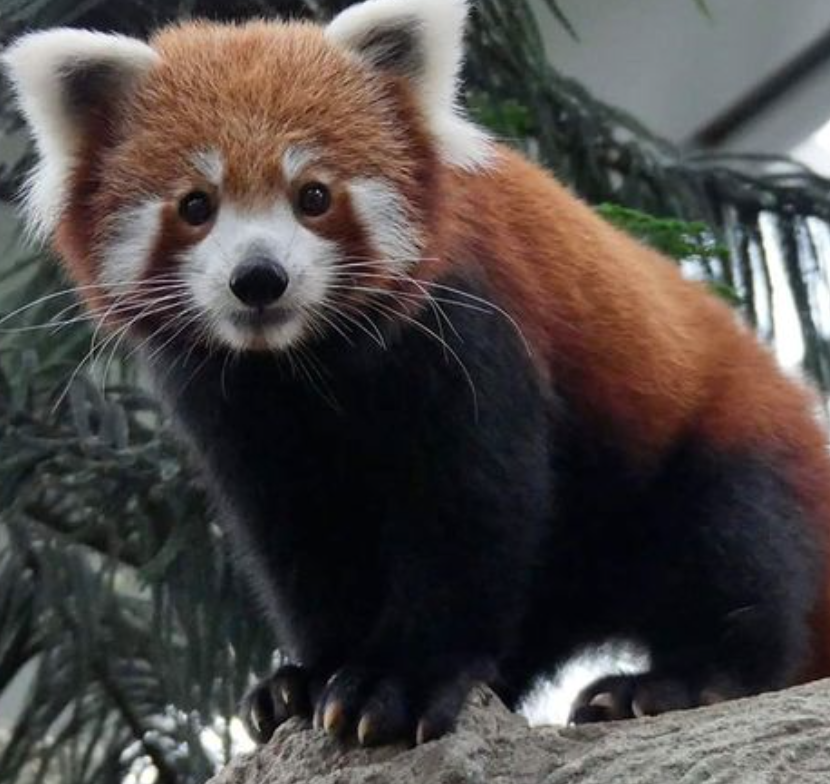
IS IT JUST ME, OR ARE WE ALL DYING OF CUTENESS OVERLOAD???
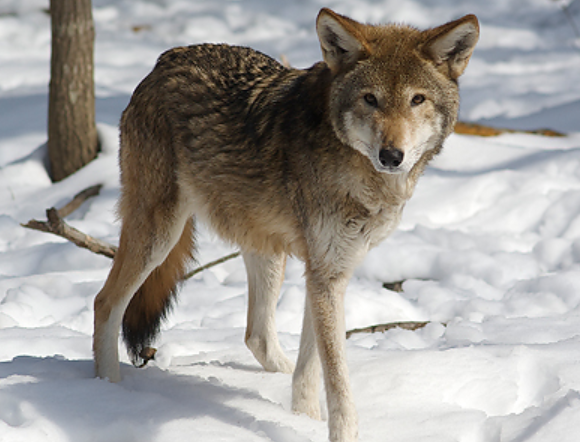
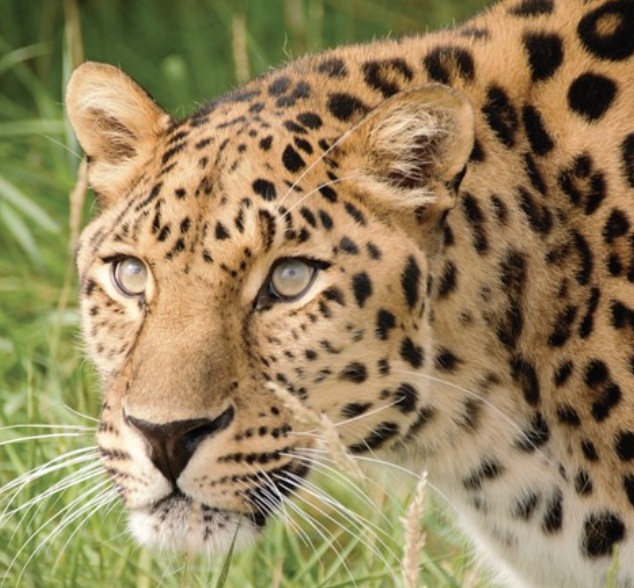
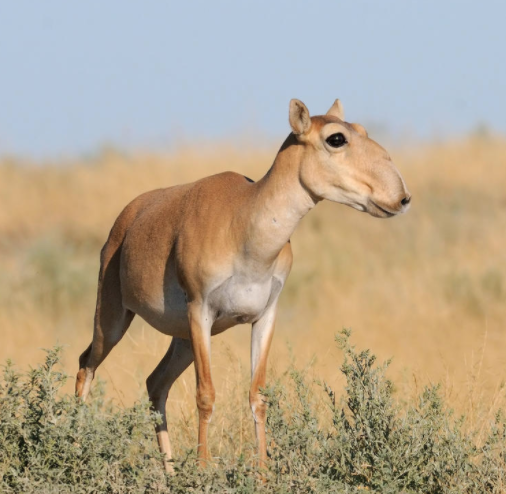
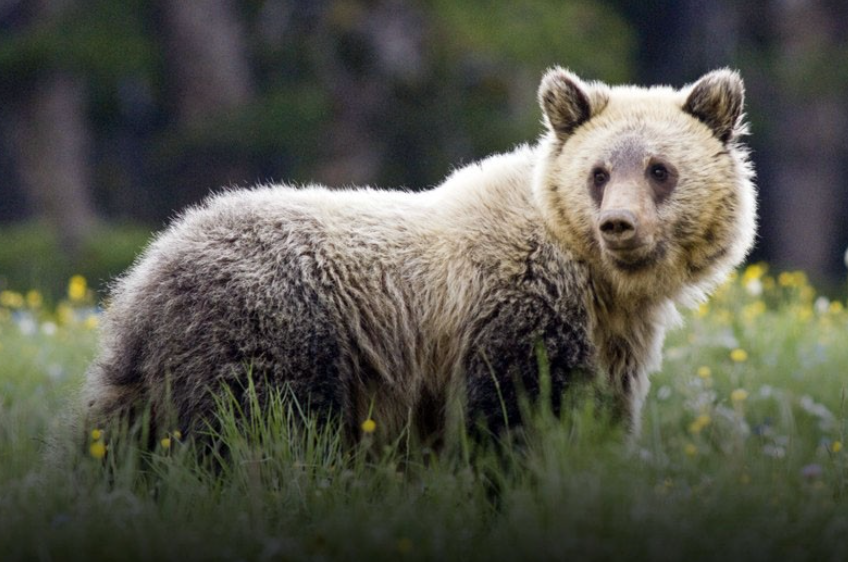
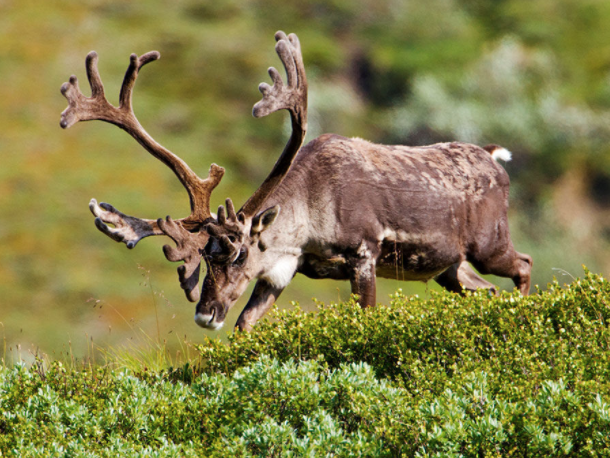
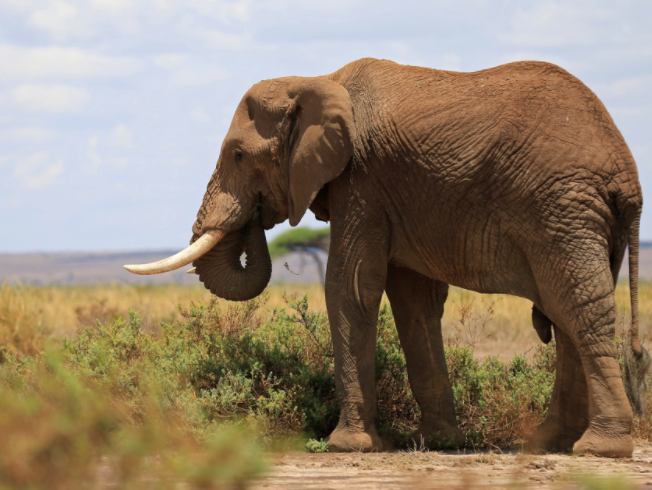
Bạn đang đọc truyện trên: AzTruyen.Top